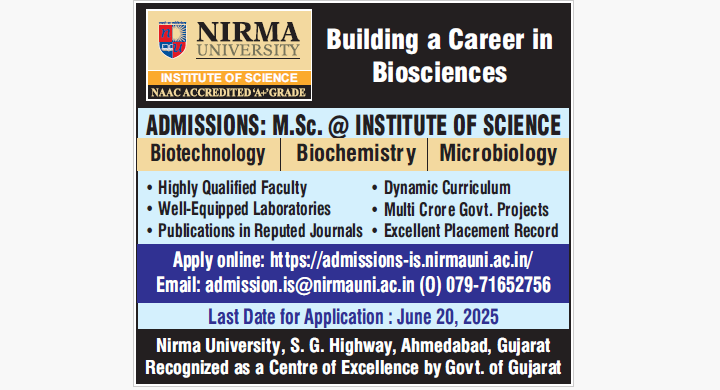RESEARCH
Alzheimer’s drugs Alzheimer’s patients enrolled in clinical trials of two antibody drugs showed minor improvements in their symptoms, two US drug companies reported on 22 July at the Alzheimer’s Association International Conference in Washington DC.
Nearly Earth 2.0 NASA’s Kepler spacecraft has found an extrasolar planet that is the closest thing yet to a true Earth analogue, the agency announced on 23 July.
Name that asteroid The Japan Aerospace Exploration Agency (JAXA) has invited the public to suggest names for the asteroid 1999 JU3, which JAXA’s probe Hayabusa-2 will reach in 2018. The spacecraft, which launched in December 2014, will collect samples from the rock and return to Earth in 2020 (see Nature http://doi.org/6dg; 2014). Candidate names will be vetted by a panel of specialists, the asteroid’s discoverers and, ultimately, the International Astronomical Union. The contest, which opened on 22 July, resembles NASA’s call to name features on Pluto; submissions close on 31 August (see go.nature.com/rybeqw).
Nigeria polio-free On 24 July, Nigeria marked one year since its last case of polio caused by wild virus. The West African nation will be removed from the list of polio-endemic countries once laboratory tests from across the country are complete. Pakistan and Afghanistan are now the only two countries where transmission of polio virus has never been halted. Africa could be certified polio-free as soon as August 2017, three years after the continent’s last case, in Somalia, which was caused by a virus that spread from Nigeria. See go.nature.com/uomxdr for more.
Pachauri out Rajendra Pachauri, the former chairman of the Intergovernmental Panel on Climate Change (IPCC), has been replaced as director-general of The Energy and Resources Institute (TERI) in New Delhi, India.
2–6 August
The 27th International Congress for Conservation Biology and the 4th European Congress for Conservation Biology, join in Montpellier, France, to discuss ways to tackle conservation.
go.nature.com/rsu6x3
4–6 August
Planetary scientists gather in Arcadia, California, to argue the case for their favourite Martian landing site. Around 30 candidate locations are in the running to be chosen for NASA’s 2020 Mars rover.
go.nature.com/x4wh7c
3–14 August
Honolulu, Hawaii, is awash with 3,500 astronomers, when the International Astronomical Union holds its general assembly.
go.nature.com/4uj4ia











0 Comments